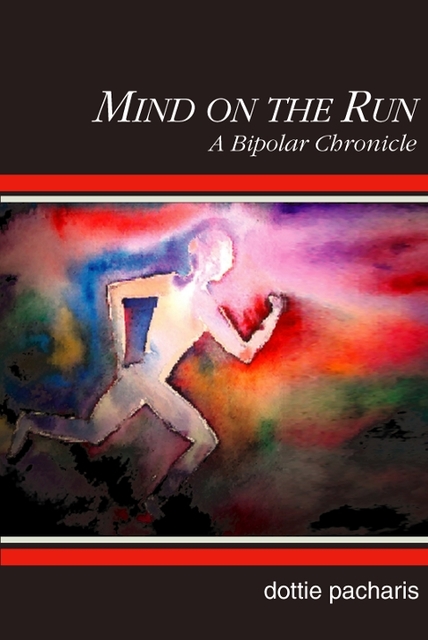Description
Mind on the Run chronicles a family tragedy — the life and death of Scott C. Baker. It’s a story of a family’s efforts to help Scott through five major, prolonged bipolar manic episodes. It’s the story of a suicide that proper treatment would have prevented.
The book tells a compelling story of love and loss. It’s a tragic account, filled with sadness and frustration, of a family’s futile attempts to save their loved one. It takes readers inside the bipolar mind, a mind tormented by psychotic and delusional thoughts that erase any semblance of reality, a mind trapped in a body ravaged by irreversible damage from untreated bipolar disorder. Readers will grieve for Scott as they watch him lose his successful business, his family, and ultimately his life.
Even as a broken mental health system protected Scott’s civil right to remain mentally ill by refusing treatment, it rejected the fight by Scott and his family to obtain timely and humane treatment for him. When Scott was well, he tried to empower his family to help him during bipolar episodes, but the courts rejected his requests. His story shows us ways we can improve the system.
Author
Dottie Pacharis is retired from a law firm in Washington, DC, and lives with her husband, George, also retired. They divide their time between Fort Myers Beach, Florida, and West River, Maryland. Since her son’s battle with bipolar disorder, she has become an advocate for the mentally ill and a volunteer in family support organizations
Reviews
Dottie Pacharis’ book Mind on the Run details the tragic tale that can sometimes follow an individual diagnosed with bipolar disorder. Scott Baker’s adolescence was much like his fellow classmates in his northern Virginia high school. He held summer jobs to help pay for his hobby, he was entrepreneurial, he graduated high school–and was voted by his high school class "most likely to succeed"–and went on to graduate from college with academic honors.
After graduating and a few years working for accounting firm in Washington, D.C., Scott’s behavior begins to dramatically change. Pacharis’ book aptly chronicles the turbulent life many living with bipolar disorder face. A life once set out on a straight path is upturned when the symptoms of mental illness begin to reveal themselves. Five months after his marriage, Scott’s demeanor changed without warning. He became out-of-control and manic. His young wife stayed with him for five months before she finally left, unable to accept a husband with mental illness. Losing his marriage, his job and ultimately his life, Scott battled with the emotional and psychological journey faced by others with bipolar disorder.
Scott and his family’s story mirrors one experienced by others living with mental illness. While the mental health system protected Scott’s civil right to refuse treatment, it prohibited his family from helping him. This powerful account can perhaps show us ways we can improve the system and help those living with mental illness, while still respecting their rights and wishes. Anyone who has ever had a loved one experience bipolar will find this read hits close to home with its vivid depiction of the struggle trying to help someone you love.
Review by Brendan McLean, NAMI Advocate
Mind on the Run is an absolutely amazing book. What an impressive chronicle of a family attempting to address bipolar disorder. What a struggle for all, including Scotty to keep up hope and to avoid guilt, to problem-solve when few options were available, and to know that disaster was in the wings. All were caught in a trap…Scotty by his illness, his unwillingness to accept the diagnosis or the meds with serious side effects, the deterioration of his self which took its toll in so many losses whether in the shakiness of his hands, loss of business and work opportunities, and his marriages. His nonacceptance of both meds and hospitals was probably valid even in lucid periods, due to the severity/debilitating effects of his illness, an insurmountable blow for such a bright and charismatic person–genetics ran his life to the end despite phenomenal family support. The family was trapped by his intelligence i.e. ability to appear sane when he was out of control, their love and wish to protect him, and an inability to have any sustainable approach to impact the mental health system with its priority to protect patients’ rights. What should have been a chronic illness became a disaster, namely a terminal illness for him and his brother just a year and a half later.
Barbara J. Burns, Ph.D
Professor of Medical Psychology and Director of the Services Effectiveness Research Program
Department of Psychiatry and Behavioral Sciences
Duke University School of Medicine
For more information see the






